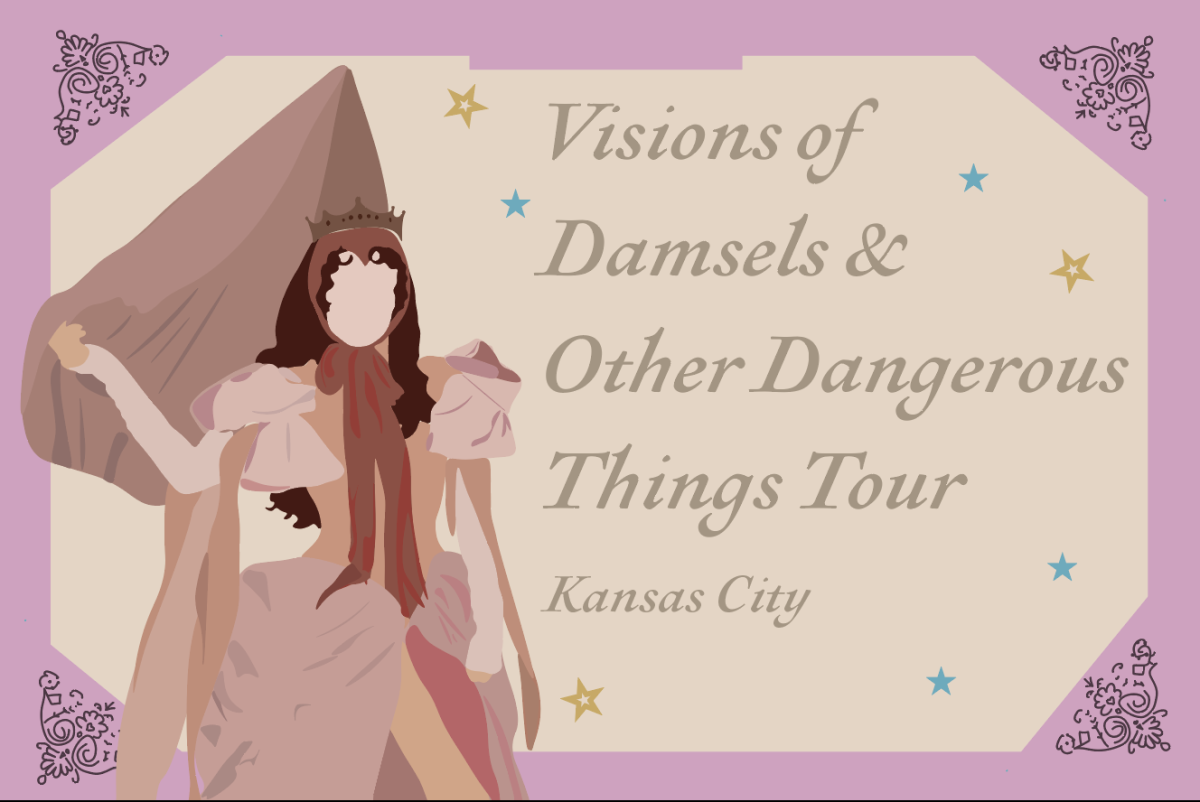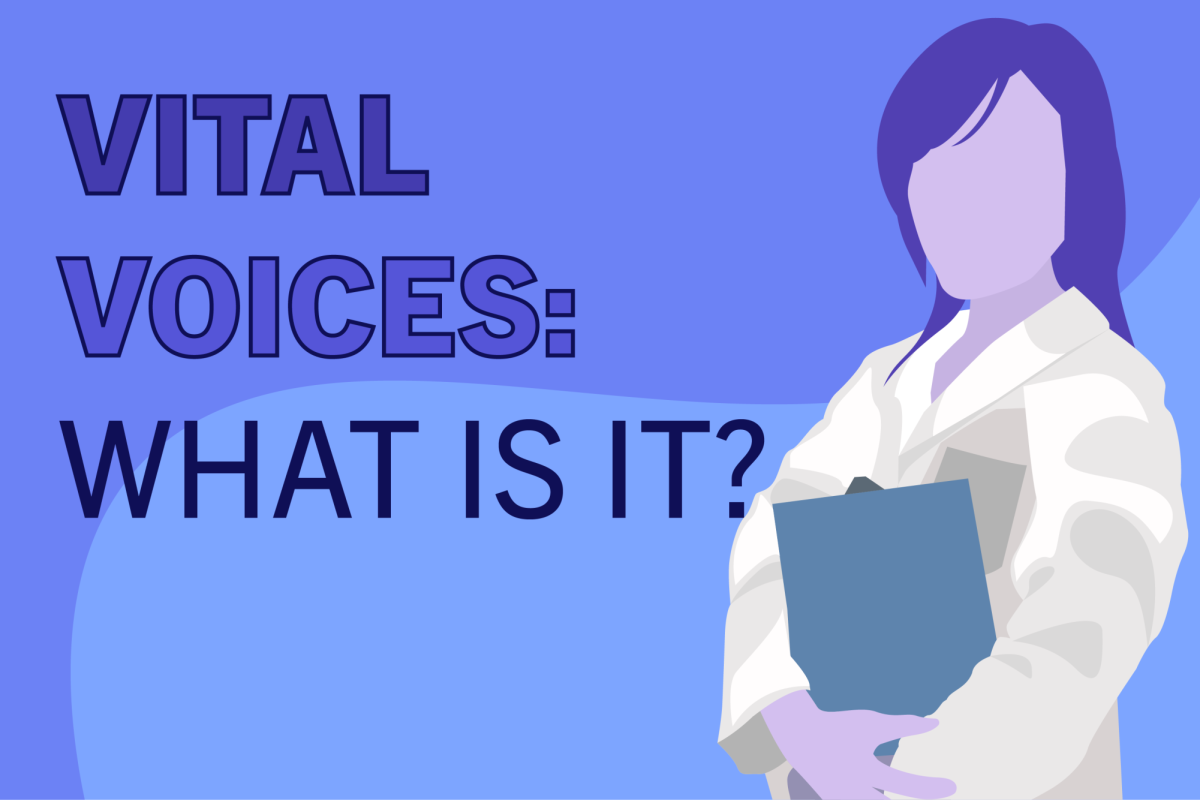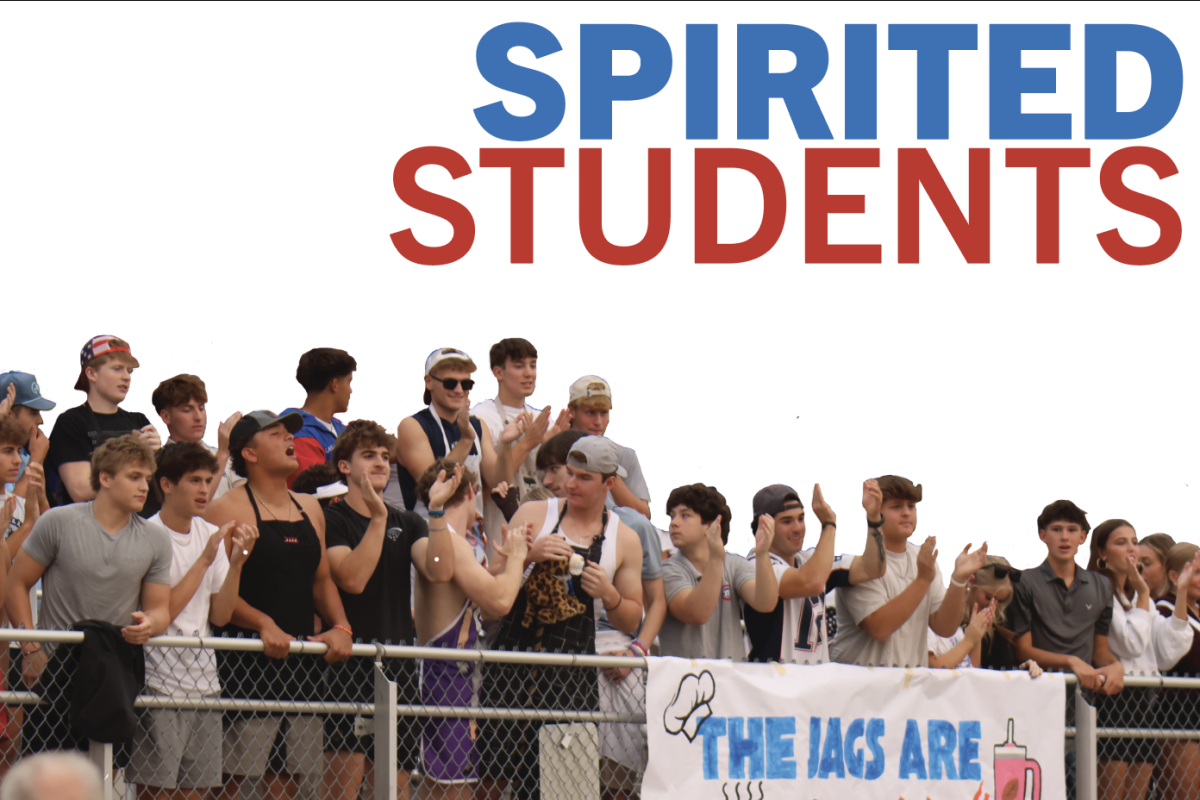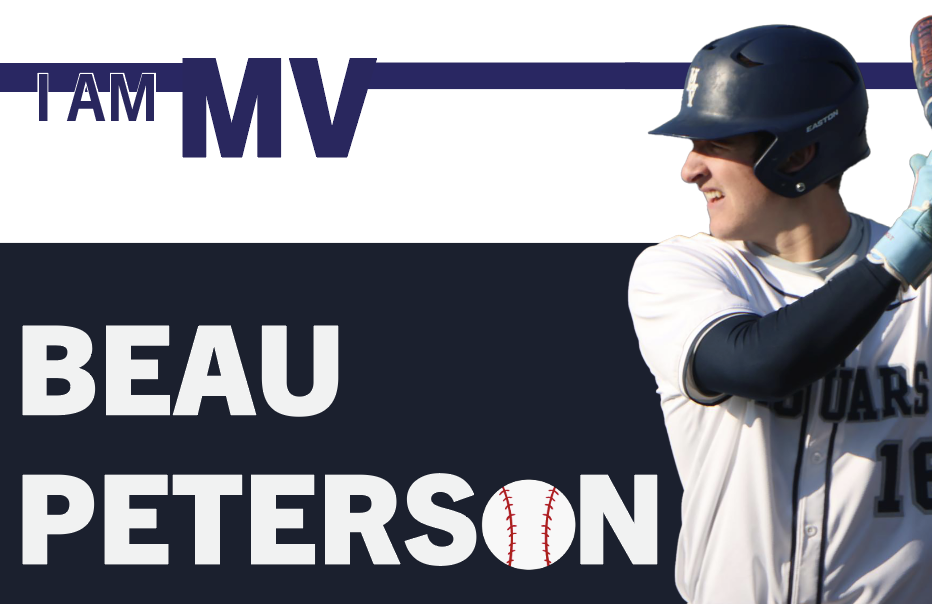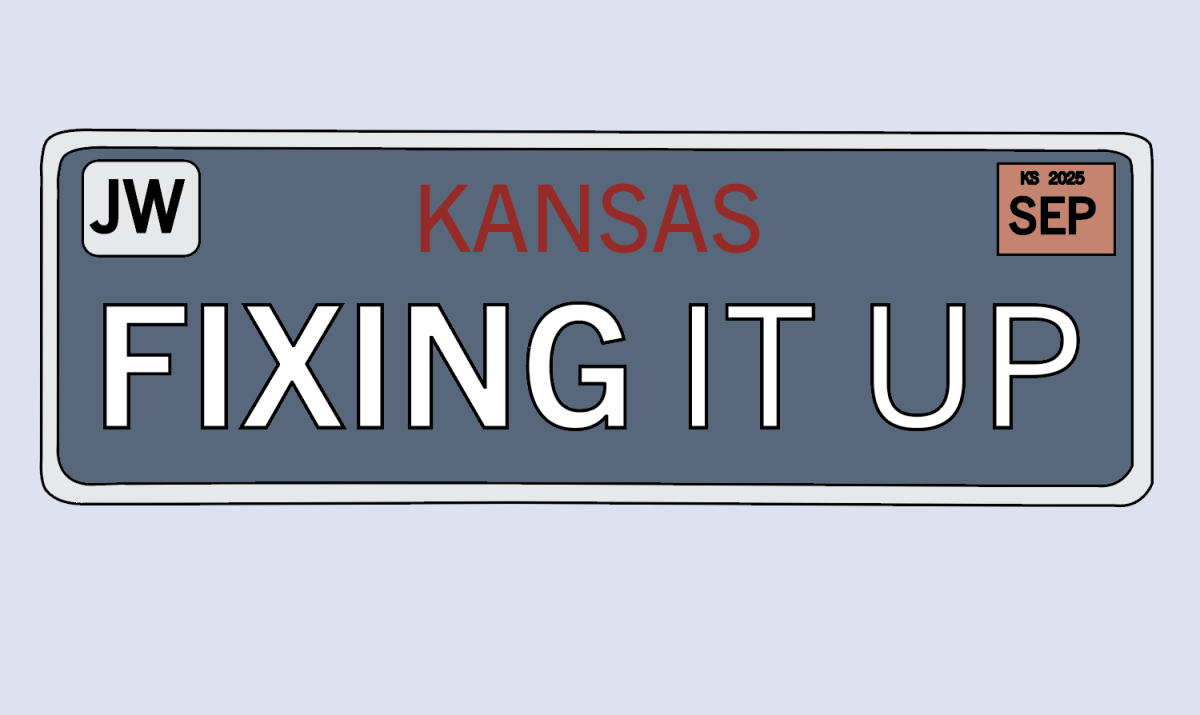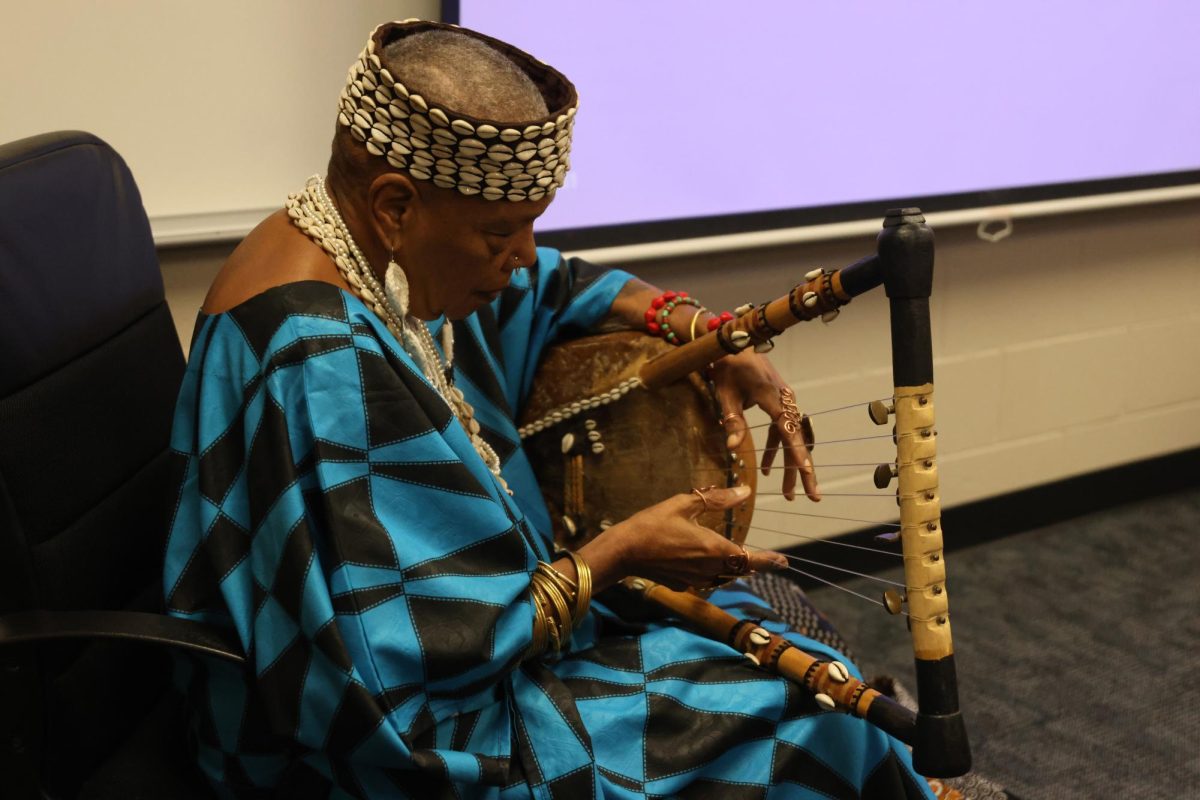“It lowered my self-esteem in a way until I didn’t know who I was anymore,” he said. “We’re only here for seven to eight hours a day so why do they have to make it miserable for me?”
But it didn’t stop at the cruel words and verbal attacks in the halls. Eventually students began badgering him in class as well as the halls. He says the school never tried to help.
“Last year it got so bad that I began crying in class,” he said. “The school never did anything about it.”
But the bullying has exceeded the school’s walls. Whether it was walking down the street or driving home, the bullying followed him. He says he was once rammed off of the road.
“I was driving in Woodsonia and a big car that was driven by [a person who] I never got along was behind me,” he said. “He started tailgating me, then he came up next to me and rammed me into the ditch.”
The bullying crept into his life and eventually reached a point where he considered suicide.
“Long nights of crying and bad cases of anxiety set in,” he said. “I was about to kill myself. I was going off the edge and they made the world feel against me and suicide, in my mind, was a way out.”
He persevered through the tough times and today he offers his advice to those being bullied whether gay or not.
“Stay true to yourself,” he said. “In the end you’re who has to live with you.”
“It wasn’t just my opinion anymore. They were attacking me,” Williams said. “The worst part was that the teacher didn’t do anything. She didn’t send anyone out of class and wasn’t really taking a stand. I left the room crying and since I was new to the school I didn’t really know how to handle what happened.”
After this incident happened, Williams said the administration didn’t do anything about it until her dad came up to the school to talk to the principal. She felt like the administration didn’t take a stand.
Later in the year, after the election, Williams was getting ready for Black History Month. The Diversity Club had put up signs with quotes on them and she said someone had written the n-word on a few of them.
“I felt like views and opinions of myself aren’t respected around here,” Williams said.
The words written on the signs and the incidents that happened in the classroom affected William’s views of the school and are reflected in her outlook of the students.
“They expect me to act the stereotypical way and question why I don’t act that way,” Williams said. “I feel like western Shawnee kids are so sheltered that they don’t realize that stereotypes aren’t the only way people act in real life.”
“I was at a football game and me and another girl got into a fight because she thought I was involved with her ex-boyfriend,” Vorbeck said. “The fight started verbal and ended physical but was stopped by a parent.”
Bullying had a lasting affect on her high school experience. Vorbeck says she was worried more about the rumors than her education.
“School was, in my mind, going to be ruined,” Vorbeck said. “Both my educational and social experiences in school led me not to do well because I was more focused on what people said.”
She became afraid, not only of what people were saying, but also for her safety. Vorbeck says it wasn’t her classmates but upperclassmen.
“I think it was because I went to school with them and there was a lot of rumors occuring,” Vorbeck said. “For the people who saw me everyday they knew it wasn’t true.”
Three years later she described her situation as if it never happened. Vorbeck says if bullying is occuring,- find someone to confide in.
“Don’t let it get to you,” Vorbeck said. “Go to your parents or someone who can help you take immediate action.”
“I see the people who are actually retarded and, how it is used today, you are calling your friend retarded,” Schmitt said. “But your friend can help it, and the people who actually are handicapped can’t.”
Special needs people cannot defend themselves and they cannot control the way they are so it makes them easier targets, according to sophomore Alec Santaularia. Santaularia has a younger brother born with Down Syndrome and takes offense to the loose usage of the word “retarded.” Santaularia believes it’s not said in ignorance, but to make the person saying it feel better.“I truly think it is because people aren’t comfortable with themselves,” Santaularia said. “They feel like they have to make fun of others to feel better about themselves [as a person]. ”
Bullying of the special needs people is a problem in the eyes of Santaularia and Schmitt. Schmitt says it is immoral to make fun of those with special needs.
“They can’t help it, it’s morally wrong to make fun of someone when they can’t help it,” Schmitt said. “When I see them in the hallways my heart has a special place and love for them because people have no idea what’s going on with the actual handicapped people.


